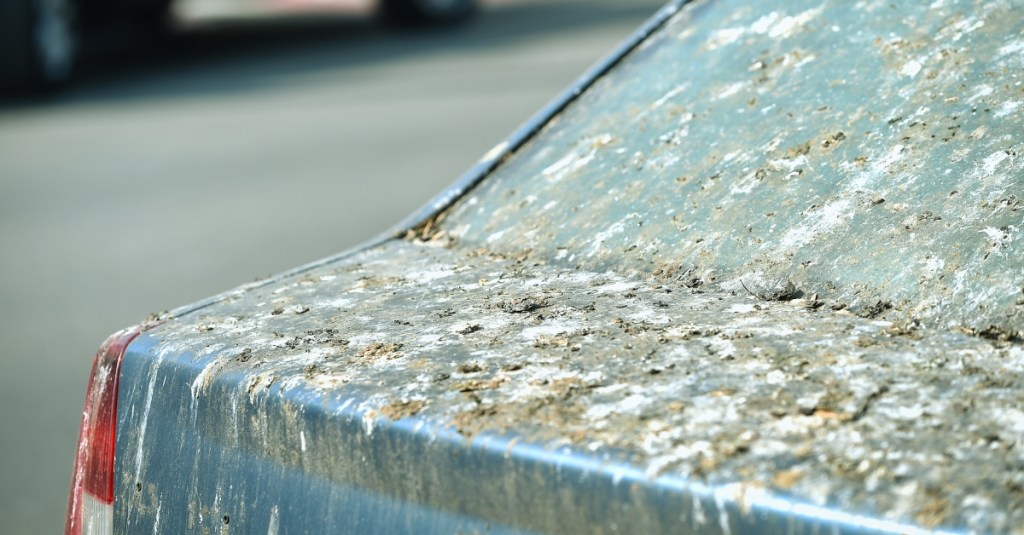
A recent study has revealed that certain car colors and brands are more prone to bird droppings than others. Conducted by Alan’s Factory Outlet, a Virginia-based company specializing in custom carports and garages, this research surveyed 1,000 drivers across the United States. The findings suggest that birds exhibit specific preferences when choosing where to relieve themselves, with brown, red, and black vehicles topping the list of targets.
The survey combined responses from drivers with established ornithological research to identify which vehicles are most frequently affected by bird droppings. The results showed that lighter colors, such as white and silver, are less likely to attract bird excrement.
Brand Impact on Bird Behavior
The study also highlighted a significant correlation between vehicle brands and the likelihood of being a bird poop magnet. Ram trucks emerged as the most affected, followed closely by popular brands such as Jeep, Chevy, Nissan, and Dodge. Interestingly, the research delved into drivers’ perceptions about bird targeting. Many reported feeling that birds specifically aimed for their vehicles.
Among the drivers surveyed, 47 percent of Lexus owners, 39 percent of Tesla owners, and 35 percent of Dodge drivers believed that they were particularly targeted by birds. However, the data indicated that only two of these brands ranked among the top ten most pooped on, suggesting that such beliefs may be unfounded.
Parks and Parking Choices Matter
The study also examined the influence of parking environments on bird droppings. Birds often perch on power lines and tree branches above parked cars, leading to increased risks of droppings. Over half of the respondents stated that their current parking situations did not adequately protect them from bird excrement. Nearly 40 percent admitted to walking additional distances to avoid areas they deemed high-risk for bird droppings.
The financial impact of bird droppings is considerable. Approximately 60 percent of participants reported paying for car washes to remove bird feces, with some owners of luxury brands like Tesla and BMW spending more than $500 annually on cleaning and related repairs. Alarmingly, 11 percent of respondents noted that they had experienced paint damage due to bird droppings.
While the study does not provide groundbreaking insights into why birds prefer certain vehicles over others, it reinforces the notion that humans and birds are engaged in an ongoing struggle. Whether driving a luxury sports car or an older model, it appears that no vehicle is exempt from this avian dilemma. The challenge now lies in finding ways to coexist with birds while minimizing the impact of their droppings on our vehicles.






